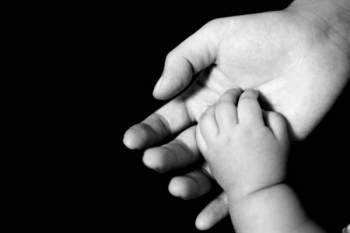
Safe Haven Laws

The majority of children living in the United States child welfare system (and thus, living outside the care of birth parents) have already outgrown infancy. Nonetheless, even babies as young as a few days old may be surrendered by their biological parents.
Not just any place may be deemed a safe haven for the purpose of refuge for abandoned children. Depending on the region, hospitals, emergency medical service centers (i.e. ambulance buildings), police stations, and fire stations may all serve as safe havens. Even churches may fulfill this role provided "staff" are present. Preferably, people will be on hand who can provide immediate medical care should something go wrong with an infant.
Not just any caretakers may relinquish custody of a child to an appointed facility either. Safe haven laws differ with regard to which parents may surrender their children, if at all. While a majority of states offer some sort of procedural rules of abandonment of a child, a handful have yet to formally address the issue.
For those states that do expressly permit temporary care of children at public institutions, meanwhile, some (e.g. Georgia) only allow birth mothers to surrender their children at safe havens and some (e.g. Illinois) do not specify who may leave a child for eventual adoption.
In addition, not just any children may be handed over to safe haven facilities. A significant majority of states (over 90%) require that children be less than three months old, and a substantial subset of that majority states (slightly over 50%) that children may only be 14 days or older.
Though safe haven laws of the states have their terms for parents to give up their children, parents may, in turn, have their own requirements, namely that their identity remain a secret and that they are not prosecuted for deciding to waive their custody of their child. Thankfully for them, most states build in some sort of provision that anonymity and immunity from criminality will be ensured by the safe havens that accept children. Nonetheless, this is not guaranteed in all states and may be rendered moot if parents are suspected of neglect or abuse.
Safe haven laws dictate that usually children will be handed over to a system of public care. Still, once more depending on the jurisdiction, there are procedures whereby safe havens can or must remand children back to their custodial guardians. Authorities may need to check if a child was reported missing before accepting him or her, or they may have to consult a birth father registry to see if a father might want to assume primary care of his biological child.
NEXT: Uniform Adoption Act of 1994





















